Flight Behaviour
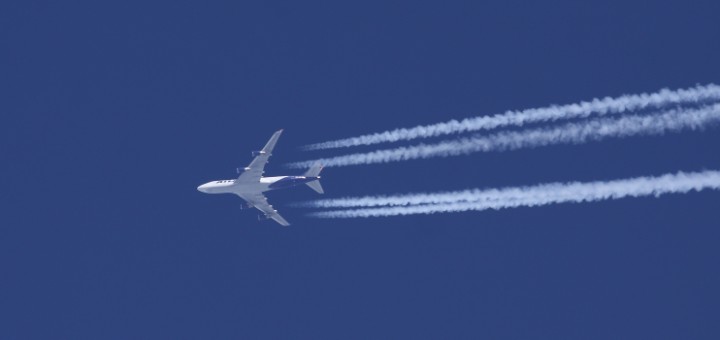
Our flight behaviour is not compatible with action to avert a climate crisis. The bottom line is that we must fly a lot less.
Last week I travelled to the South of France for my sister’s wedding. The return journey from our villa in Provence to Nice airport gave me a glimpse of a low carbon ‘electrified’ future. A local driver took us in his Tesla to the nearest high speed rail station where we caught a TGV to Nice. All of this was powered by French electricity which has a carbon intensity five times lower than the UK’s, largely due to the predominance of nuclear power in their energy mix (1).
But then, I hopped on the flight home and emitted an eye-watering amount of carbon. My two-way flight added 0.45 tonnes CO2e to my carbon footprint for the year (2). That’s three times the amount of carbon I will have saved by leaving my car at home and cycling to work for the year. A flight from Newcastle to Nice is a relatively short hop, but a return transatlantic trip would have emitted four times the carbon at about 1.8 tonnes CO2e, the same as my share of the carbon emitted by my household’s energy use in a year.
Of course I don’t begrudge my sister the carbon. She lives in Sydney and it meant I got to spend time with her, as well as another sister who lives in Bangkok and a brother who lives near Boston (Massachusetts not Lincolnshire!). The simplicity and relative low cost of international flight has allowed my siblings, along with many others, to emigrate around the globe. The same advantages have allowed me to experience some amazing places in a world that is now smaller than ever.
If aviation was a country, it would be the 7th worst polluter globally.Unfortunately, our collective habits have locked us into a pattern of fossil fuel use that is unsustainable. If aviation was a country, it would be the 7th worst polluter globally (3). Over the next decade or two, our individual carbon budgets should be honing in on 2 tonnes of CO2e per year. My return flight to Nice would have used up a quarter of that allowance with less than 5 hours in the air. Sadly, offsetting does nothing to counteract the ‘upfront carbon’ that flying emits and techno-fixes are a long way off. It’s unlikely there will be an electric airliner in my lifetime, and there are no sustainable jet fuel substitutes. Our normalised flight behaviour is simply not compatible with the action we must take to avert the climate crisis. The bottom line is that we must fly a lot less.
The obvious solution is to make flying much more expensive. Currently there is no tax on jet fuel and plane tickets are zero-rated for VAT, and the annual value of this tax subsidy is estimated to be around £11.4bn (4). A serious carbon tax should be added to airfares, although it must be done equitably. Over half of the British population don’t fly at all in any given year, but 70% of flights are taken by 15% of us. The ‘A Free Ride’ campaign proposes a levy so that everyone gets one tax-free return flight each year, but escalating taxes are applied to frequent flyers.
‘If you look through history, all the big changes in society have been started by people at the grassroots level. People like you and me.’Whilst we need system change we also need individual change. We don’t have to wait for carbon taxes to reduce our flying. We can do it now. As Greta Thunberg says, ‘If you look through history, all the big changes in society have been started by people at the grassroots level. People like you and me.’ (5) About 12 years ago I decided to never take another flight within the UK mainland, using trains or my car instead. It’s not been easy, and it places restrictions on my partner too if she’s travelling with me. Now I’m starting to think very carefully about long-haul flights, limiting those to once every few years. I value the experiences that international travel has given me, but if I’m going to fly then I will focus on longer holidays less often.
References
- Overview of electricity production and use in Europe, European Environment Agency.
- Carbonfootprint.com. Flight footprint includes DEFRA’s recommending radiative forcing factor.
- ‘Global Deal or No Deal?’ Report by Transport & Environment, 2013.
- A Free Ride campaign.
- ‘Time to rebel’: Greta Thunberg adds voice to new song by the 1975, The Guardian, 25 July 2019.
Main image: Atlas Air Boeing 747-400 by Dean Morley [CC BY-ND 2.0]



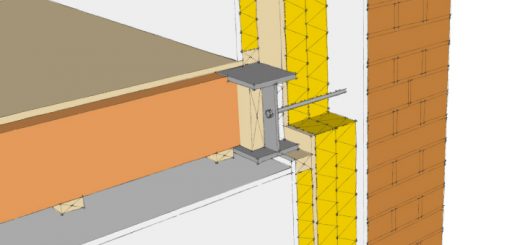

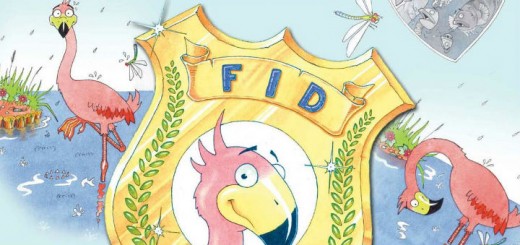

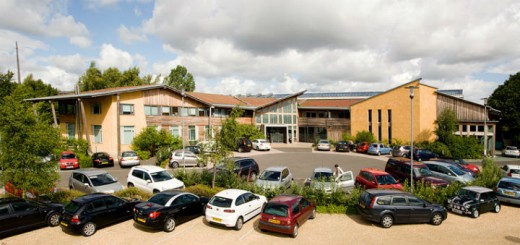
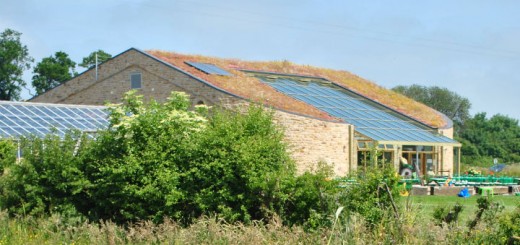
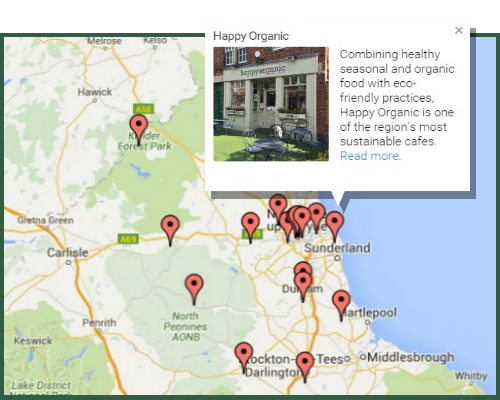
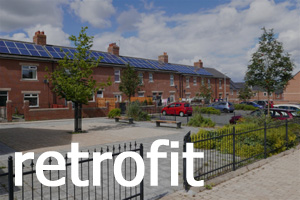
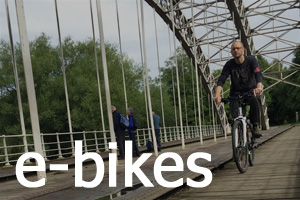
Hi Rachel, You make a very good point and one that is picked up in the A Free Ride campaign. Their aim is to ramp up taxes for frequent flyers but away from occasional holiday makers. Then, they suggest the money be used to subsidse greener alternatives. Check out there proposals here. http://afreeride.org/
The article is interesting and highlights a real problem. But: “The obvious solution is to make flying much more expensive”…. That’s a very narrow vision and it’s somehow implying that making contamination only affordable for the rich is the solution for the climate emergency? I can emit as many tons of CO2 as I want as long as I pay loads more?
There are many other solutions like subsidising train and ferry travel, and investing on their development. European MPs fly at least twice per week between their hometowns and Brussels. And they can pay an infinite amount of money for those flights since those are expenses that are free of taxes, and reimbursed to them (just like with academics, businesspeople etc. who often take a return flight on the same day after a meeting that could have taken place over the phone) .
Maybe they are more the problem than someone visiting their family overseas or going for a week to Malaga?